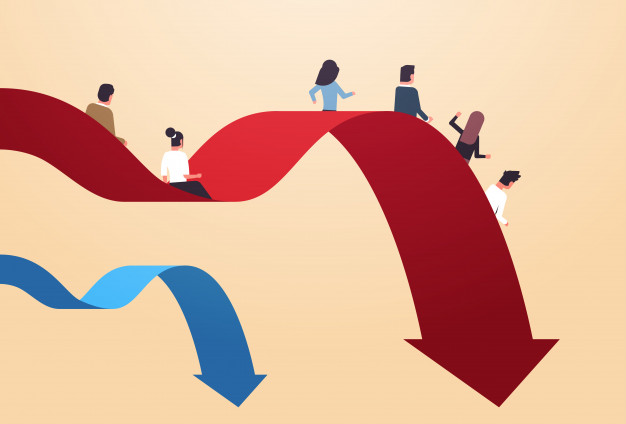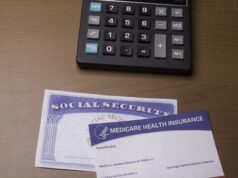
Millions of Americans are out of work, businesses are shuttering and economic activity is coming to a near grinding halt. In a matter of days, the novel coronavirus has cratered the U.S. job market, reversing its reign as the best in decades to now the worst.
The Treasury department said unemployment could skyrocket to 20 percent, while St. Louis Fed President Jim Bullard said joblessness could soar to 30 percent — higher than during the heart of the Great Depression.
“It is quite clear that we’re facing a toll of furloughs and job cuts, which are unprecedented in recent American history,” says Mark Hamrick, Bankrate’s senior economic analyst and Washington bureau chief. “We are bracing for ugly numbers.”
If you’ve faced job loss because of the coronavirus, here are 13 steps you should consider taking to help lessen the financial blow and prepare you to bounce back once the economy recovers.
What should you do if you’ve lost your job?
- Apply for unemployment benefits.
- If you have emergency savings, now’s the time to tap into it.
- Look over your monthly expenses and find ways to cut back.
- If you have a mortgage, inform your lender and servicer.
- If you have student loans, suspend your payments.
- Get in touch with your bank.
- Stay away from payday loans.
- Communicate with your utility and service providers.
- You can use your retirement accounts — but avoid it if possible.
- Take advantage of community programs.
- Look at job postings.
- Be flexible about new opportunities.
- Pay attention to the news.
1. Apply for unemployment benefits
If you’re out of work, one of your first steps should be filing for unemployment benefits. And even if you haven’t completely lost your job but have seen your hours significantly reduced, you can still qualify.
The program typically pays half of what individuals were normally making at their jobs, for an average of 26 weeks, though the system differs across states. Nationwide, the average weekly payout reached $385 as of January 2020, but it was as high as $546 in Massachusetts and as low as $213 in Mississippi, according to the Center for Budget and Policy Priorities.
But that total weekly payout could soon be increased, as could the number of weeks, as Congress passes new measures to contain the coronavirus’ economic blow, says Michele Evermore, senior policy analyst at the National Employment Law Project who specializes in unemployment insurance (UI).
Congress’ third emergency response bill, which could be passed as soon as this week, would hand an additional $600 to individuals in their weekly checks. Meanwhile, some states with stricter programs than others, such as Kansas and Michigan, have already increased the duration of benefits, she says.
Applying immediately can help ensure that you get your check as soon as possible, she says. With thousands of workers applying for claims all at once, it’s been a challenge for states to administer and process claims. In the worst of cases, states such as New York and Oregon have even had UI websites crash amid unprecedented traffic levels.
Workers typically can expect to see their unemployment checks within two to three weeks, Evermore says. Right now, however, it might be a little longer.
The system also has what’s called a “waiting week” different from the general processing time, where individuals are unable to claim pay through the program. But Congress’ second fiscal response to the coronavirus waived this.
“Once claims are approved, people will get benefits going back to the first week that they were unemployed rather than skipping that week,” Evermore says. “It means more money as quickly as possible into the pockets as jobless workers.”
To currently be eligible for unemployment benefits, you can’t have been fired from your job for gross misconduct, quit without a good cause or be classified as an independent contractor. But it looks like Congress could soon pass measures that allow gig economy workers — such as Uber drivers or Instacart delivery persons — to file for unemployment benefits, Evermore says. It’s also already eliminated work-search requirements.
Even if you’re not sure you qualify for UI benefits, you should still apply.
“Apply, and try as hard as you can,” Evermore says. “If you apply and get denied, give it another shot. Eligibility is expanding by the week. Keep an eye on the newspaper. Whenever this new legislation is signed into law, a lot more people will be eligible.”












